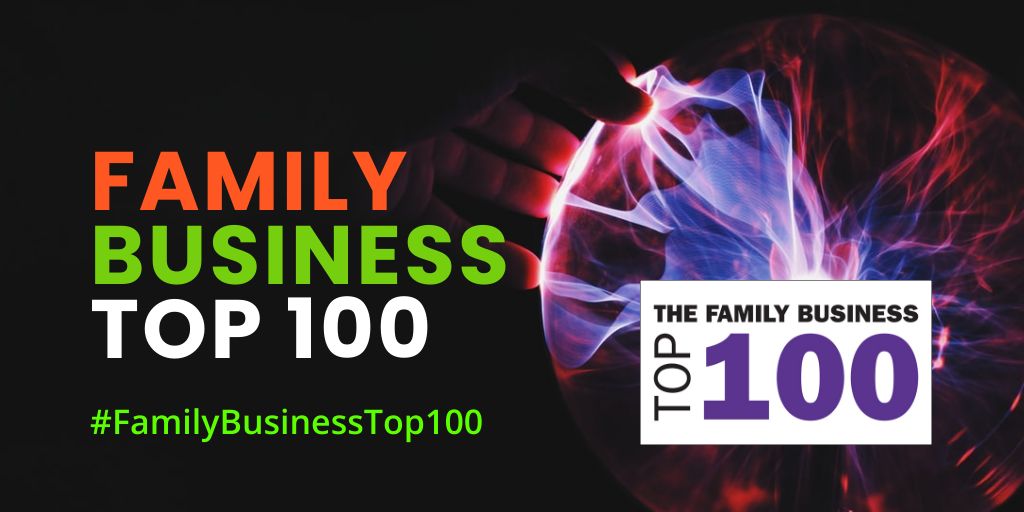Millennials are more likely to change jobs and career paths several times in their working lives than previous generations, which pose certain challenges to employers.
Millennials, also known as Generation Y, include people born in early 1980s to late 1990s or early 2000s. The typical millennial is tech-savvy and strives to fulfil himself/herself career wise; many would rather stay in a job that challenges them (in the right ways) and where they fit into the company culture than having a job without those benefits, even if that would mean that they would be paid less.
Furthermore, the average tenure of Millennial employees is two years, compared to five years for Generation X and seven years for Baby Boomers. This shows that if the organisation cannot offer millennials the opportunity to achieve personal growth, some employees will start looking for a new job that can offer them that. Managers therefore need to be aware of millennials’ critical points, in order to attract and retain talent and avoid too much staff turnover.
What the reader needs to have in mind for this article is that not all millennials would identify with the characteristics that have been labelled ‘typical millennial’ and so it may not be appropriate to manage them as suggested. This article aims at highlighting certain tendencies within this generation, which vary depending on social and economic backgrounds and conditions, and to come up with strategies for how to best manage these tendencies, even if they can be found within other generations as well. The main point is that if the needs of millennials are being met, the benefits will not only be enjoyed by them, but by generations to follow.
Characteristics of millennials
Impatient
Some millennial employees are more impatient than others, in terms of having a mundane job with little task variety or not achieving career advancements. Moreover, they are excellent multi-taskers and should be kept busy.
Individualistic
Millennials have been raised in a more individualistic way than other generations, which will have an impact on their approach to work. Rather than just being part of the organisation, some millennial employees might want to see what they directly have impacted on with their work. The six month or annual organisational performance report is therefore not enough for these employees to feel that they have contributed to organisational objectives and so managers should continuously give them feedback on how they are performing.
Career-driven
Millennials are more career-driven and expect to advance faster within their job. 21% of millennials leave employment quickly if they feel that they are not making a difference or being challenged.
Technically fluent

It comes as no surprise that millennials are technically fluent, having grown up with technology and technological advancements. They are likely to want to incorporate it in more ways than older generations might be comfortable with.
Their social media connections should not be vilified, as they give them ties to social referent powers. Failure to incorporate technology into the working environment will disengage them.
The best idea for how to approach this matter is perhaps to let millennials use technology in a way that comes natural for them- whether that is communicating through email or using their phones during work hours.
Best-educated generation
No other generation has been as educated as millennials. According to the PEW Research Centre, 63% of Millennials value a college education and plan to get one, if they haven’t already. They are constantly looking to expand their knowledge and might get frustrated once they’ve reached a “plateau level” in their career, where they feel that the company is not offering them any more training and development opportunities.
How to motivate millennials
Implement faster career progression
As mentioned before, millennials are more impatient and career driven than previous generations and so many expect faster career progression; 69% of millennials rated “knowing that there is a clear progression plan for development” as being important. An idea could be to introduce more steps in the career ladder in order for them to feel that they have managed to advance. This should of course be implemented so that the entire workforce will be able to enjoy it, and not just millennial employees.
Fun workplace

It’s very important for many millennials to be friends with their co-workers and so if they are not interacting with their colleagues, laughing or going out for lunch or drinks together, you should be worried. Having a few spaces at work where your staff can just sit and relax and chat to each other is ideal for increasing the level of interaction between colleagues and for them to feel happy and content at work. If they can relax and destress from work, they are also likely to perform better when they return to their desks.
Flexitime
Millennials, in particular, are more prone to want to have a flexible job and work from home. This does not mean that they are lazy, but some people do not work as well as others in an office. So rather than basing performance on number of hours worked in the office, base it on output instead.
Companies that offer flexitime are more attractive to these workers, so it might be a good idea to slowly introduce this to your organisation, in order to attract new talent.
Inspirational mentor/ boss
The number one reason most millennials are leaving their jobs is because of their boss. Furthermore, millennials that are intending to stay with their organisation for more than five years are twice as likely to have a mentor. Millennials want to be given feedback on how they are doing and for the manager to lead by example. Furthermore, they view mentors as contributors to their own personal growth and because personal growth is very important to them, they are more likely to stay with an organisation if they have been provided with a mentor.
Give them more responsibilities
Millennials want opportunities to grow within their organisation by being given opportunities to take on responsibilities and to lead, as they want to feel that their work has a purpose.
An idea is to introduce reverse mentoring which means that younger employees mentor older executives about technology, social media and current trends. In this way, they get to take on more responsibilities and feel more invested and connected to the company, while teaching the older generations something that will benefit the organisation in the long-run.
For anyone who hasn't seen The Intern with Anne Hathaway and Robert De Niro- there are several things that two different generations can teach other, as well as learn from each other.










